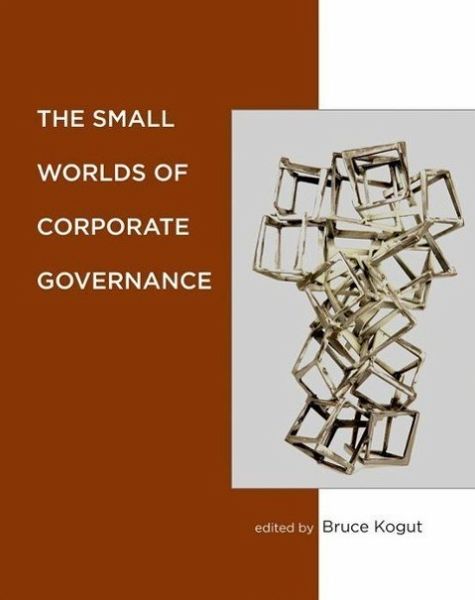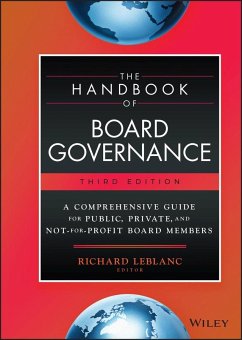
The Small Worlds of Corporate Governance
Versandkostenfrei!
Versandfertig in über 4 Wochen
10,99 €
inkl. MwSt.

PAYBACK Punkte
5 °P sammeln!
The financial crisis of 2008 laid bare the hidden network of relationships in corporate governance: who owes what to whom, who will stand by whom in times of crisis, what governs the provision of credit when no one seems to have credit. This book maps the influence of these types of economic and social networks--communities of agents (people or firms) and the ties among them--on corporate behavior and governance. The empirically rich studies in the book are largely concerned with mechanisms for the emergence of governance networks rather than with what determines the best outcomes. The chapter...
The financial crisis of 2008 laid bare the hidden network of relationships in corporate governance: who owes what to whom, who will stand by whom in times of crisis, what governs the provision of credit when no one seems to have credit. This book maps the influence of these types of economic and social networks--communities of agents (people or firms) and the ties among them--on corporate behavior and governance. The empirically rich studies in the book are largely concerned with mechanisms for the emergence of governance networks rather than with what determines the best outcomes. The chapters identify structural breaks--privatization, for example, or globalization--and assess why powerful actors across countries behaved similarly or differently in terms of network properties and corporate governance.












